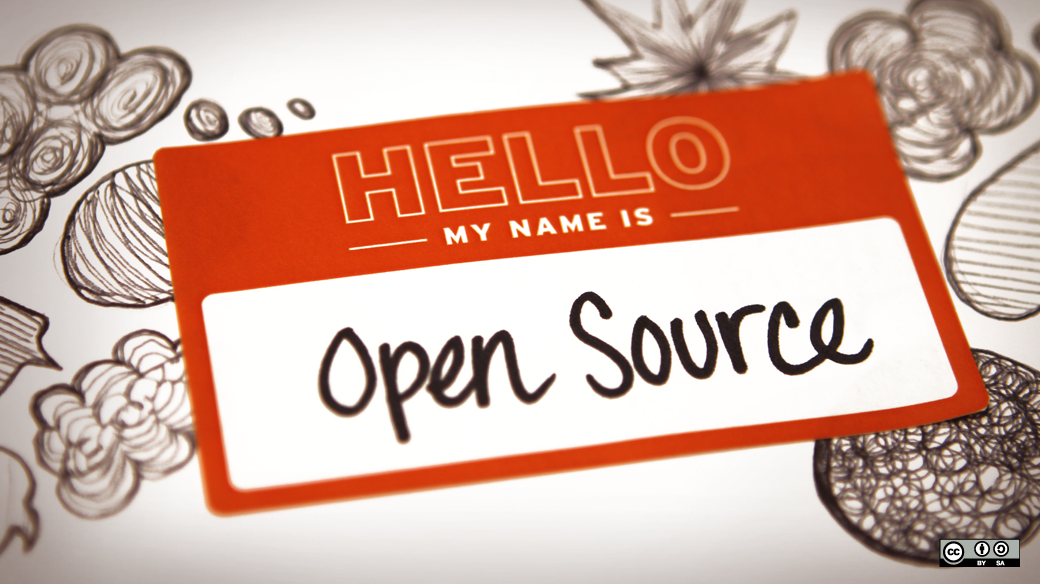.webp)

As and event organiser, this is a very cool stat: with still 4 weeks to go, we sold 80% of the tickets for Day 1 of Meet Magento The Netherlands (May 12/13). And not to the core group of enthusiast, but only to merchants that want to switch to Magento (2). To provide some context: we usually sell 80% of our tickets in the last 3 weeks before the event. So what is going on...?
We had our first Dutch Meet Magento event on January 27th 2009 and we had 100 enthusiastic attendees and speakers (incl. founders Roy Rubin and Yoav Kutner) interested in the platform. At that time, only a handful of shops used Magento.
After 5 years of Meet Magento and growing to over 400 attendees, some sponsors told us that "most people at Meet Magento already work with Magento". Which makes sense since it's a Magento event. And this is obviously very good for Magento, the attendees and industry partners. But it's not very useful for solution partners looking to implement Magento projects for new merchants.
We did a brainstorm session with many Magento companies to 'fix' that and in 2014 we added a new "lead generation" day before the already existing conference. For this day we reached out to a group that is by definition not in our event network and hard to reach: merchants NOT using Magento. We called a lot of them and invited them for the first day and... we had around 100 fresh merchants ready to do business!
We introduced the merchants to the wondrous world of Magento and showed what it could do for their business. Once convinced (or at least very interested ;)) we actively connected the merchants to the solution providers. We matched their business profile with the solution partners and took them on a guided tour along the solution partners pitching their solutions. This worked great!
To be clear: we don't try to get everyone on Magento. Because sometimes other platforms might have a better solution for your specific business. So we also hosted a session showing use cases of where Magento didn't work and how Magento compares to competing platforms. After all the goal is not only to get people using Magento, but also to be happy about that and stay with the platform. Obviously we're not completely unbiased, but having this honesty and clarity towards new merchants at the event is definitely highly appreciated by our visitors.
Through coopetition, we get much more people using Magento than any single company could do on their own.
In 2014 and 2015 doing this we got more people on the platform, many business deals came from our event and overall it was a great example of coopetition. It's very good to see competitors (the Magento solution partners) collaborate to make this event happen to "create a bigger (Magento) pie".
Today we have over 200 new merchants looking to do business at Meet Magento and of course the new Magento 2 platform definitely helps getting more people interested.
This year it's the 3rd time we're doing this. As always we keep trying new things to improve and optimize the concept. This year we grow the market and will connect even more businesses and maybe also yours. I look forward to seeing you make new great projects with Magento and possibly win awards doing so!
Are you a Merchant looking for a new e-commerce platform or working with Magento and interested in our event? Or are you already into Magento and want more deep-dives on Day 2? Check for more info http://www.meet-magento.nl/ or send me a DM!
Most of my content is published on LinkedIn, so make sure to follow me there!


Recently I've seen some (often absolute) statements going around, generally in the line of "open source commerce platforms are a terrible idea". Now of course different solutions always have different pros and cons.

A hierarchy of evidence (or levels of evidence) is a heuristic used to rank the relative strength of results obtained from scientific research. I've created a version of this chart/pyramid applied to CRO which you can see below. It contains the options we have as optimizers and tools and methods we often use to gather data.